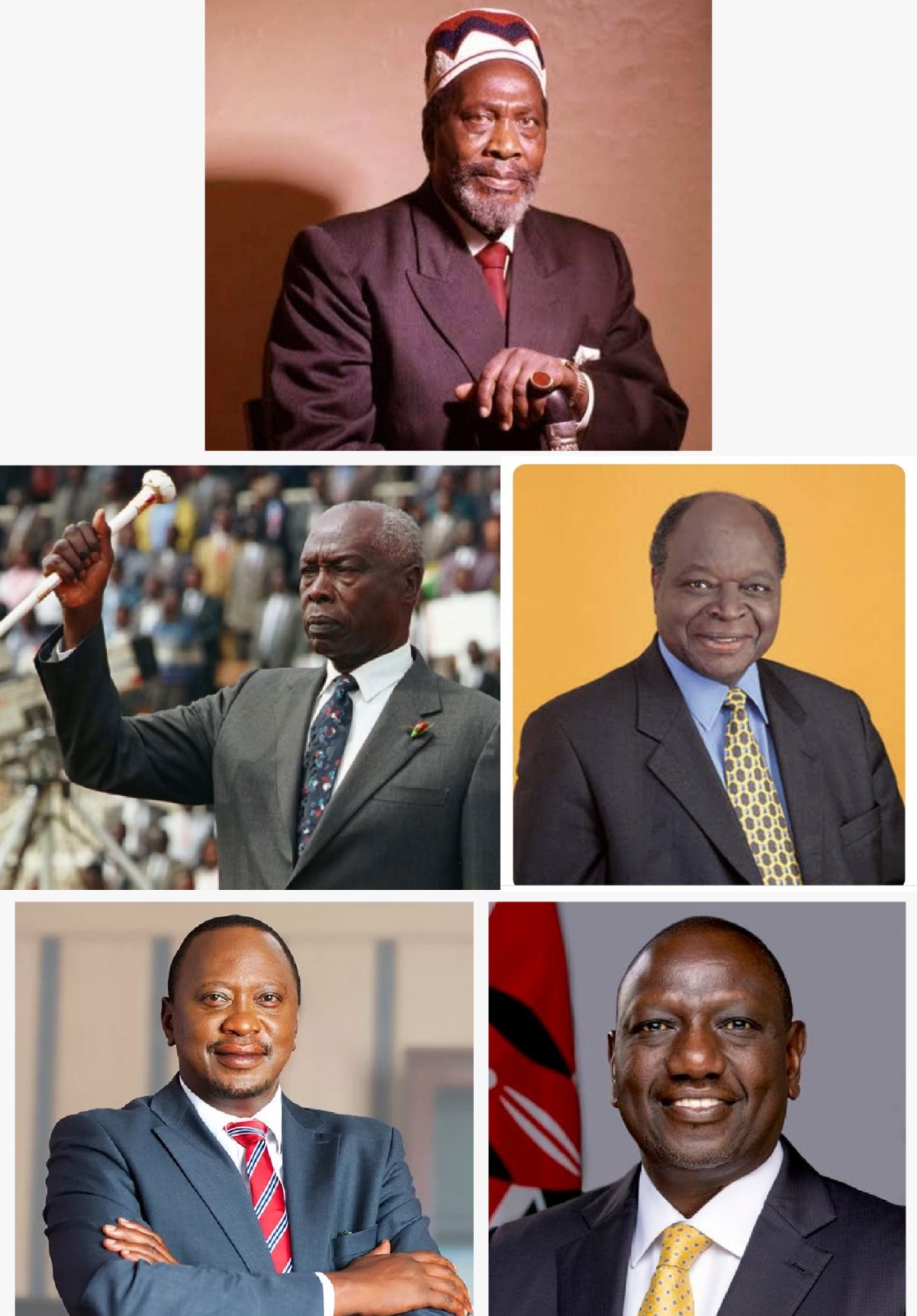Kenya gained independence from British colonial rule on December 12, 1963, and it officially became a republic on December 12, 1964. Since gaining republic status, Kenya has achieved several milestones and experienced significant changes across various sectors. Some key gains include:
1. Political Independence:
- The transition to a republic marked Kenya’s political sovereignty and the establishment of its own government. The country moved from being a British colony to a self-governing and independent nation.
2. Constitutional Development:
- Over the years, Kenya has undergone constitutional changes to define and shape its political and legal framework. The country adopted a new constitution in 2010, introducing significant reforms to enhance governance, human rights, and devolution of power.
- Some of the constitutional developments include: Constitution of Kenya, 2010, Devolution (2013) and Building Bridges Initiative (BBI).
3. Economic Growth:
- Kenya has experienced periods of economic growth and diversification since gaining republic status. The economy has evolved, with contributions from sectors such as agriculture, services, and technology.
- Kenya has consistently recorded positive GDP growth in recent years. The growth has been attributed to various factors, including increased agricultural productivity, infrastructure development, and a growing services sector.
4. Infrastructure Development:
- There have been significant investments in infrastructure, including roads, airports, and seaports. This has improved connectivity, facilitated trade, and contributed to economic development.
- The Kenyan government has invested in infrastructure projects, including roads, railways, and ports. The completion of major infrastructure projects, such as the Standard Gauge Railway (SGR), has enhanced transportation and connectivity, supporting economic activities.
5. Social Services:
- Efforts have been made to expand and improve social services, including education and healthcare. Access to education has increased, and healthcare services have been extended to reach more communities. Here are some social services developments in Kenya as at 2023:
- Free Primary Education
- Community-Based Healthcare Services- Increment of level 5 hospitals in the country.
- Universal Healthcare Coverage such as Linda mama and the NHIF.
- Inua Jamii program provides cash transfers to elderly citizens, orphans, and persons with severe disabilities.
6. Political Evolution:
- Kenya has experienced various phases of political development, including the establishment of a multi-party system in the early 1990s. The country has held regular elections, marking a commitment to democratic governance.
- Kenya holds its national elections every five years and has developed a number of political parties as opposed to 60 years ago. The country has: Jubilee party, Orange Democratic Movement (ODM) now known as Azimio la Umoja and United Democratic Alliance (UDA) as some of the political parties.
- The country has also recognized women in leadership where every county has a woman representative.
7. Technological Advancements:
- M-Pesa: Launched in 2007 by Safaricom, M-Pesa is one of the most successful mobile money platforms globally.
- iHub: Founded in Nairobi, iHub is a well-known tech innovation hub that provides a platform for startups and tech entrepreneurs.
- eCitizen: The Kenyan government’s online portal, eCitizen, offers various services to citizens, including vehicle registration, business permits, passport applications, and land searches.
8. Tourism Industry:
- Kenya’s rich biodiversity and landscapes have made it a popular tourist destination. The tourism industry has contributed to the country’s revenue and international recognition.
- Kenya is a popular tourist destination, known for its wildlife, national parks, and cultural heritage. The tourism sector has contributed significantly to economic growth through foreign exchange earnings and job creation.Nairobi, the capital city of Kenya, is unique in Africa for having a national park within its city limits. Nairobi National Park is situated approximately 7 kilometers (about 4 miles) from the city center and is one of the world’s only game reserves located within a major city.
9. Regional Leadership:
- Kenya has played a leadership role in regional diplomacy and integration. It has been actively involved in efforts to address conflicts, promote economic cooperation, and contribute to peacekeeping missions.
- Organizations and institutions may conduct workshops focused on leadership skills development.
- Programs designed to train leaders at the local government level.This can include training for county governors, members of county assemblies, and other local government officials.
- Specialized programs aimed at empowering women to take on leadership roles in various sectors.
10. Urbanization:
- Urbanization has increased, with cities like Nairobi and Mombasa growing as centers of commerce, culture, and administration.
- Thika Superhighway: Infrastructure Development.
- Kisumu, located on the shores of Lake Victoria, has undergone development initiatives focused on the lakefront.
- Kisii Town has experienced urbanization through increased commercial and residential development.
11. Environmental Conservation:
- Kenya has made efforts to conserve its natural resources and wildlife, with initiatives to protect endangered species and promote sustainable practices.
- The Kenyan government, along with non-governmental organizations (NGOs), has implemented afforestation and reforestation programs to combat deforestation and restore degraded landscapes. The Green Belt Movement, founded by the late Wangari Maathai, has been instrumental in tree planting and environmental conservation.
- Kenya has implemented stringent anti-poaching measures to protect its iconic wildlife, including elephants and rhinos.
- In an effort to address plastic pollution, Kenya implemented a plastic bag ban in 2017, making it illegal to produce, sell, or use plastic bags.
12. Private Sector Growth:
- The private sector has expanded, with the growth of businesses and entrepreneurship contributing to job creation and economic development.
- The Kenyan government has been working on improving the ease of doing business through reforms aimed at reducing bureaucratic hurdles, streamlining processes, and enhancing the overall business environment.
- Encouraging collaboration between the government and private sector through PPPs has been a strategy to fund and operate public infrastructure projects, such as roads, energy, and healthcare.
- Investments in the energy sector have aimed to address power shortages and provide a more reliable energy supply for industries.
While Kenya has made notable gains since becoming a republic, it also faces challenges such as poverty, inequality, and political issues. Ongoing efforts are directed toward addressing these challenges and achieving sustainable development.






















+ There are no comments
Add yours